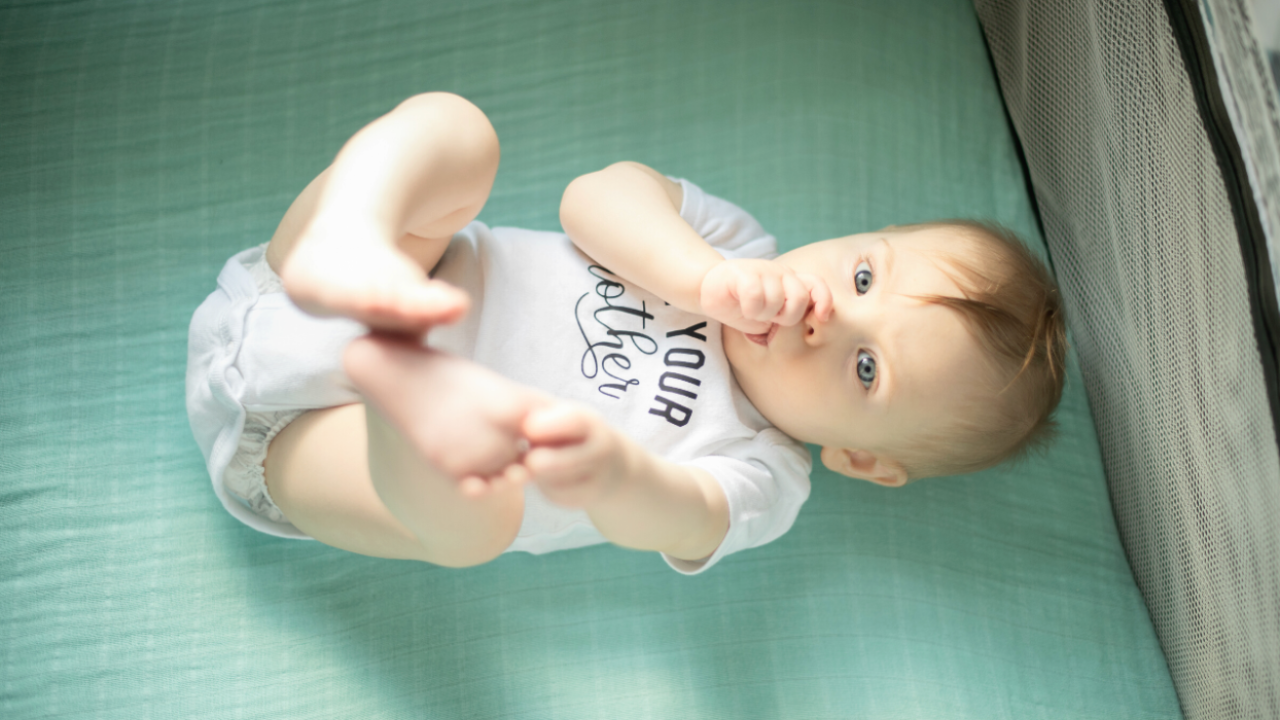Sleep Tips to Help Deal with Overwhelm and Anxiety during Covid-19

We are in unprecedented times as we’re all navigating through a worldwide pandemic and nearly all of us are facing a lot of disruption to our normal daily lives.
There is no school or daycare options for many families and parents are also having to work from home if they are not an essential worker.
Add to that any sleep deprivation in a household and the situation can feel even more overwhelming than it already is as if you’re operating in a sleep deprived state, daily tasks and getting through the day can be that much more challenging.
I had wanted to pull together a few key areas as a reminder, or to be used as tips to help navigate through this time to help your family get as much as possible so that sleep is not one of your contributing factors to extra stress and anxiety. Although this is most relevant to young children and babies, some of the points can also benefit the entire household.
- Routine
Babies and children thrive in a routine environment and they love the predictability. It also helps them to feel safe. During this time, routines tend to be disrupted as in many instances, nothing in life is normal. Try to create for your little ones as much of their normal routine as possible. The same time they go to bed and the same routine leading up to bed. A bedtime for babies and young children should be around 20-30 minutes and you should choose 4-6 steps in the exact same order every single night. It is such a strong cue for children to know that it’s time for bed and they are prepared for it.
- Not going to bed too late and consistent bed time
We’re seeing that normal bedtimes during this time are not being adhered to. Children are going to be far later than usual and many families are operating similarly to when it is the school holidays. Inconsistent sleep schedules can significantly impact sleep and your babies may not be getting that incredibly important deep, restorative sleep which will support a healthy immune system.
Commonly, babies and children will wake up at the same time in the morning…regardless of what time they go to bed. So if they wake between 6am-6.30am every day, this is their general body clock time. If they go to bed at 7pm, they will get 11 hours of sleep. If however they go to bed at 8pm or 9pm, they will most likely still wake up at the same time in the morning but they will be missing out on 1-2 hours of extra sleep. As a result, they will be getting overtired. When this occurs, cortisol builds up in their system and it can contribute to shorter day naps and more frequent wakes during the night.
Additionally, going to sleep and waking up at about the same time every day helps us to keep our circadian rhythm regular.
- Awake times
Babies and toddlers have age appropriate awake windows which is the amount of time that their little bodies can cope with being awake. When routine changes and babies and young children are kept awake for longer, they tip into that overtired state which will again impact their day sleep and possibly their night time sleep.
- Exercise and activities outside to maximimse natural daylight hours
When our bodies are exposed to natural sunlight, it helps to boost serotonin which is the precursor to the production of melatonin - the sleepy hormone. The more babies (and adults) are exposed to natural sunlight, the more melatonin is produced to help us get to sleep and stay asleep.
Try to go out in the late afternoon as a family and play outside in the sunlight for everyone to have the best chance for their bodies to produce a good amount of melatonin.
- Screen time
There is no judgement on the amount of screen time that is being used in families at the moment. We are dealing with exceptional circumstances and families are doing what they can while they are operating in survival mode. We do however know that screen time affects sleep.
According to the Sleep Foundation, for every hour spent using a tablet device, infants and toddlers get 15.6 minutes less sleep, and older kids miss out on an average of 26.4 minutes of sleep nightly.
Additionally, when it’s dark your eyes send a signal to the hypothalamus. Your brain then sends a signal to your body to release melatonin, the hormone that makes you sleepy and helps you get to sleep. When it's bright, melatonin is suppressed, making it more difficult to fall asleep. This is directly related to screen time as the frequencies of blue light in our electronics are especially disruptive.
We would recommend to limit screen time where possible, but more importantly to limit the usage before bed.
- Eat well
Most of us have been forced to cook at home during this period as takeaway and fast food options have not been available. It is so important to maintain a balanced diet for our children (and also ourselves) as food is fuel for our body. Whole foods are the most nutritious and provide the most sustenance. This can help little ones immensely with their sleep and to minimise night wakings due to hunger if they are on solids. When doing your food preparation, think about the following questions.
- Can you make the food from scratch?
- Is the food a whole food?
- Do you have a variety of food you are offering?
- How can you make your children’s food more nutritious?
We’re all trying to deal the best we can with the current situation but by creating a bit more routine and predictability, you can help your little ones maintain some level of normality during this time.













